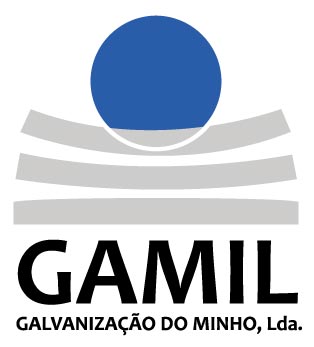What is mass spectrometry and what is it for?
In the hot-dip galvanizing process and in the entire chemical process to which the steel is subjected, the acid bath, the
rinse and the length of time immersed in the molten zinc bath greatly influence the protection of the base steel. Hot dip galvanizing is more efficient and more widely used, mainly because it is a very economical and versatile process, since it can be applied to products of all sizes and shapes.
The factors that most affect galvanizing are the physical and chemical properties of the steel, its roughness and the percentage of the content of the elements in the steel, especially the proportion of silicon which determines the thickness of the coating.
The mass spectrometer is a device that allows the composition of different chemical elements and atomic isotopes to be analyzed with great precision, separating the atomic nuclei based on their mass/charge ratio (m/q). It is used to identify the different chemical elements that form a compound, or to determine the isotopic content of different elements in the same compound.
Generally speaking, molecules have varying masses, a fact that a mass spectrometer uses to determine which molecules are present in a sample.
In the Gamil’s facilities it is used to determine the quality of the steel in the products, in order to offer the best possible finish for our galvanised products. This helps us determine the best immersion time of the material inside the crucible and if this product has to spend more or less time in the pretreatment line.


